Podcasting for Health Equity: Tips on How to Start Your Own
Sarah Robinson, Tia Palermo, Schuyler Lawson, Grace Lazzara, Jessica S. Kruger
In 2021, faculty, staff, and students from the University at Buffalo’s (UB) School of Public Health and Health Professions launched a podcast, Buffalo HealthCast, on health equity. The first season focused on racism and health. The podcasters wanted to facilitate discussion on campus and in the broader community of how UB could help tackle racism to improve population health and how to make our campus, where approximately 50% of the student population is BIPOC or international (17% underrepresented minority), more inclusive of students, faculty, and staff of color. We aimed the podcast to facilitate discussions through a more engaging and democratic format to encourage our community to think about racism and equity beyond the typical avenues.
In the first semester, interviewees included a reverend and co-convener of the African-American Health Equity Task Force, a first-generation African American graduate student pursuing a master’s in public health, an associate dean for faculty development who helped to diversify the Sociology Department in only five years, the founder of the African Heritage Food Co-op, and others. In the second semester, podcasts covered refugee health in Buffalo, breast cancer in Buffalo’s African American community, gender-based violence, and more. Not only has the podcast been a way for undergraduate and graduate students to meaningfully engage with faculty and staff on important issues, but it has been well received by the university community as well as the greater Buffalo community.
Events in recent years, compounded by the COVID-19 pandemic, have underscored both the needs and desires to address difficult issues related to structural racism, poverty, and other drivers and consequences of inequality in the US. Relatedly, the growth of podcasting over the past several years has been extensive. We have found our experiences with podcasting to be an important resource in engaging discussions about population health in our community. Drawing on our experience at Buffalo HealthCast, we provide recommendations and some questions to ask yourself if you’re considering starting a podcast.
Getting Started
- What niche are you trying to fill? Are there podcasts out there that already cover the subject you’re hoping to cover? You need to find ways to make your podcast stand out to listeners, whether through unique guests or a new look at an already-covered subject.
- Who is your audience? Your listeners are the most important part of your podcast. What do your target listeners care about? Find ways to make your podcast relevant and relatable to your target audience so they will keep coming back for more.
- How will you produce and distribute your podcast? Whether you record in a professional studio or at home over Zoom, this is the time to figure out the best way to record with the resources you have. You don’t need a huge budget to produce a high-quality podcast, but if you’re hoping to purchase technology to improve the sound quality, plan for those costs. Once you have your production plan, you’ll need to figure out the hosting platform (e.g., Buzzsprout, Podbean, etc.) and the distribution platforms/players you want it to appear on (e.g., Apple Podcasts, Spotify, Google Podcasts, etc.).
- How will you promote your podcast? Promotion is arguably the most challenging part of a podcast. Which social media channels will help you reach the most people? Who can you network with to help you advertise? Are there newsletters or related podcasts that you can cross-promote with?
Tips for Success
- Make it sustainable by creating a system and a structure. Have a checklist or workflow of tasks necessary to produce each episode. This is an efficient way to save yourself time and make each episode seem less daunting to create.
- Stick to deadlines, and release episodes on a schedule. Coordinating recording schedules can prove challenging if you have a co-host to coordinate with, guests to interview, or a recording studio to reserve, but planning ahead is key.
- Remember your “why.” What motivated you to produce your podcast? What are you hoping to get out of it personally or professionally? Write this down, and remind yourself why you’re doing this whenever you encounter barriers or questions.
- Building your audience and producing a high-quality podcast won’t happen overnight. Patience and motivation will help you to reach your goals: podcasting is a marathon, not a sprint.
- Wherever you advertise, especially on social media, encourage your audience to like, share, subscribe and comment on your episodes.
- Take control of your podcast (know your theme and objectives well) before you request feedback from your audience. Find your voice before you open up your forum to listeners. Once you have a core audience, then ask them for suggestions. You’ll need to come up with fresh content often, so don’t be afraid to ask those around you or your listeners for new ideas.
- A small budget doesn’t have to be a barrier to producing a successful podcast. You’ll find plenty of resources online (see resources at end of this article) on best practices for creating a great podcast without breaking the bank.
More Resources
https://www.thepodcasthost.com/planning/podcast-tips/
https://www.weeditpodcasts.com/the-10-must-dos-for-successful-podcasting/
https://www.weeditpodcasts.com/the-biggest-challenges-podcasters-face/
https://heliumradio.com/8-main-challenges-that-every-podcaster-will-face/


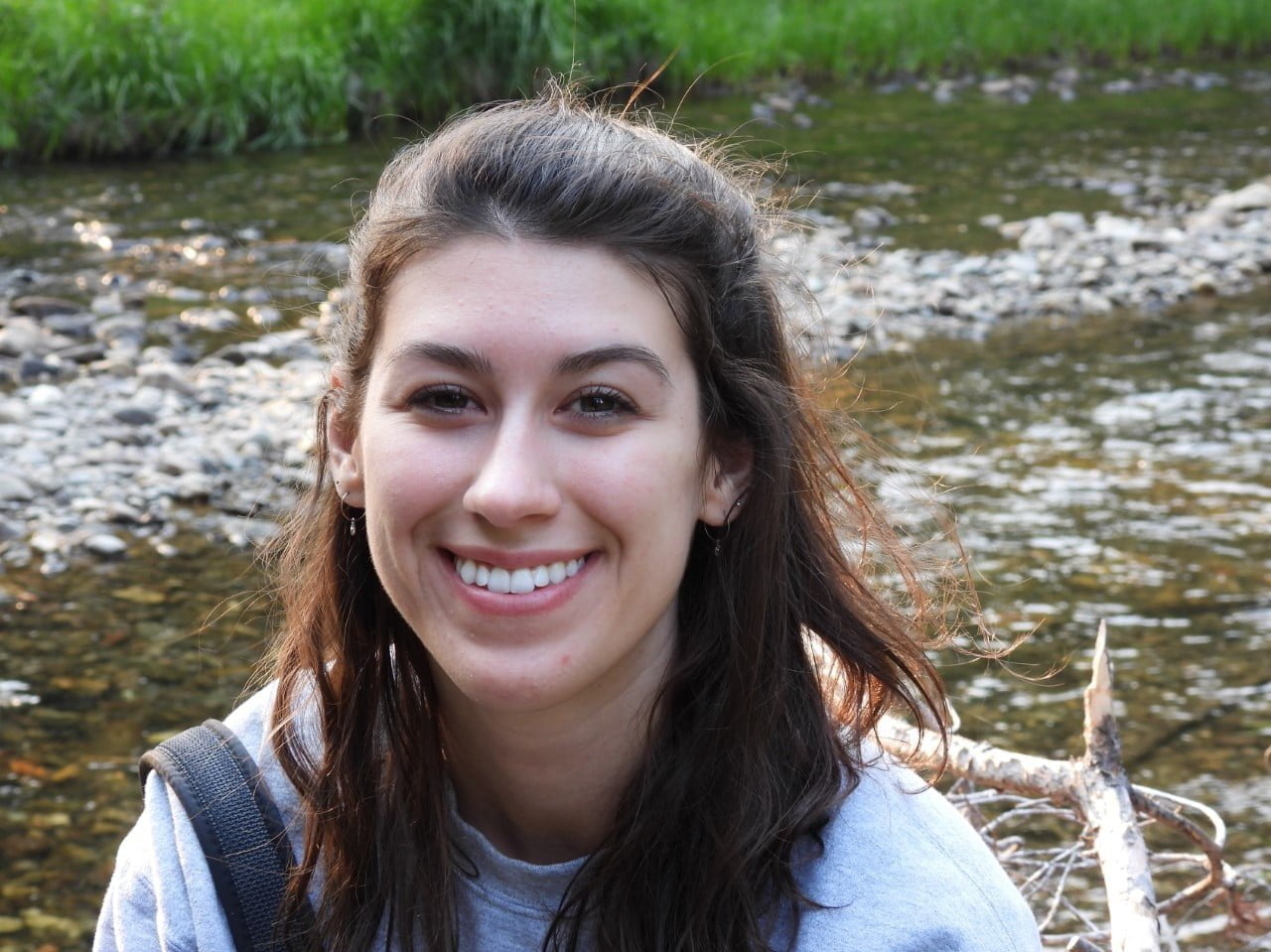

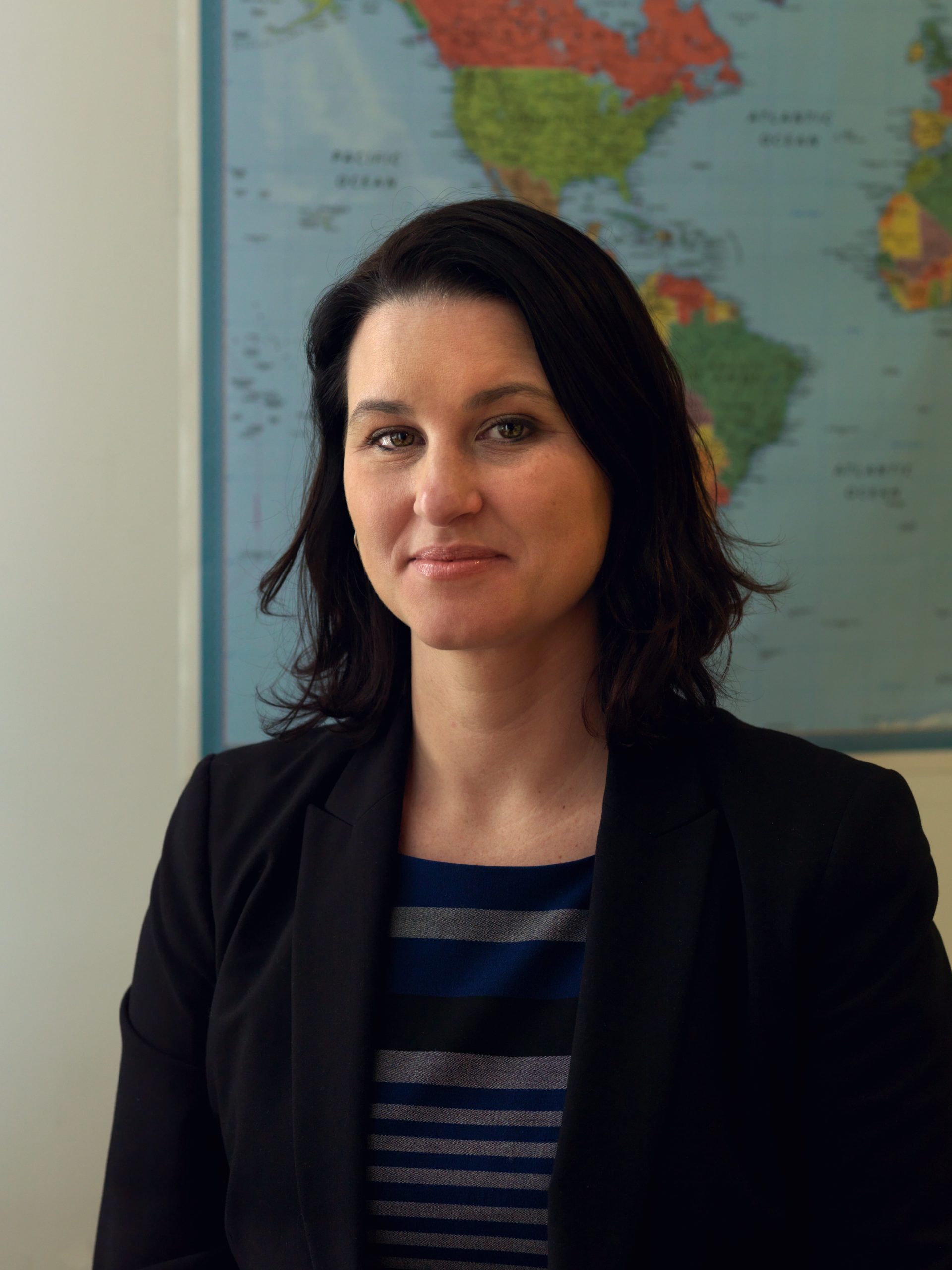
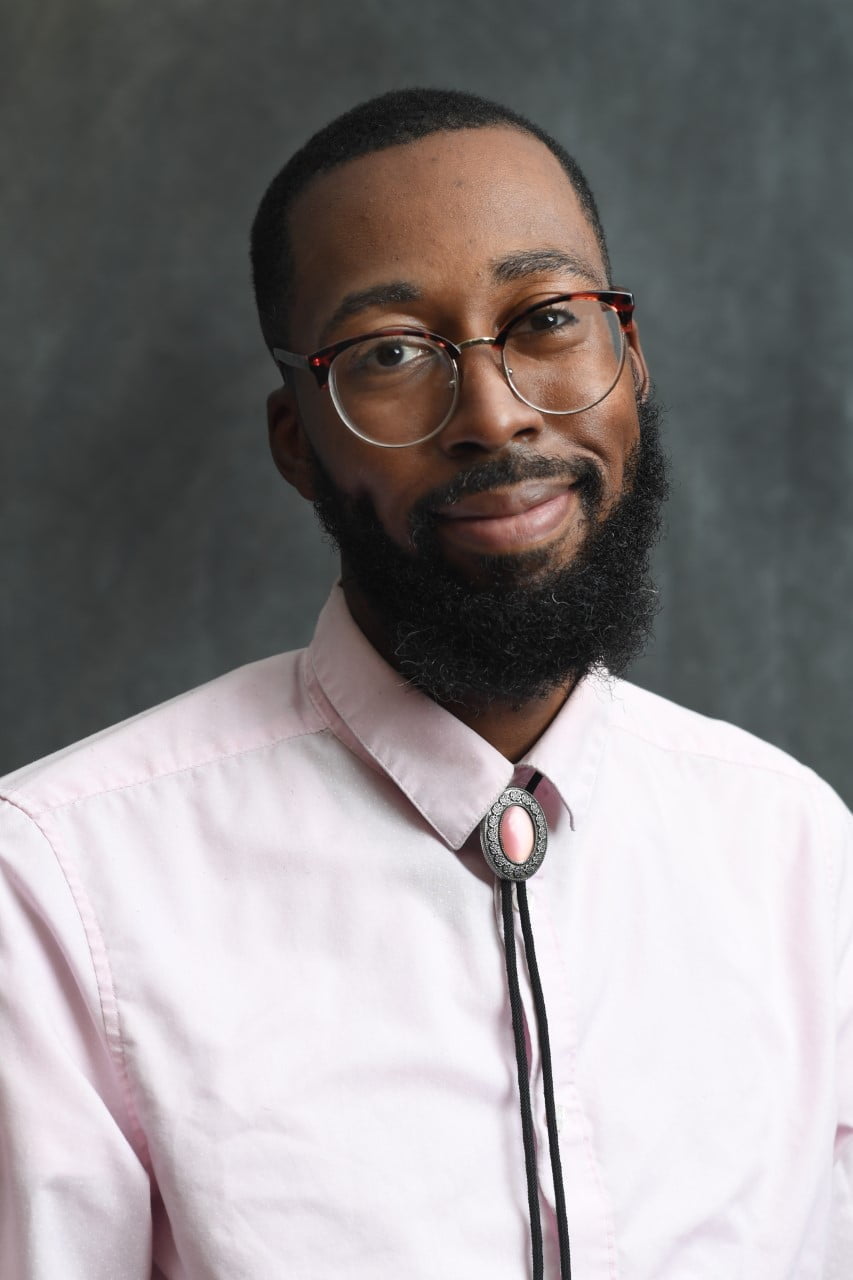
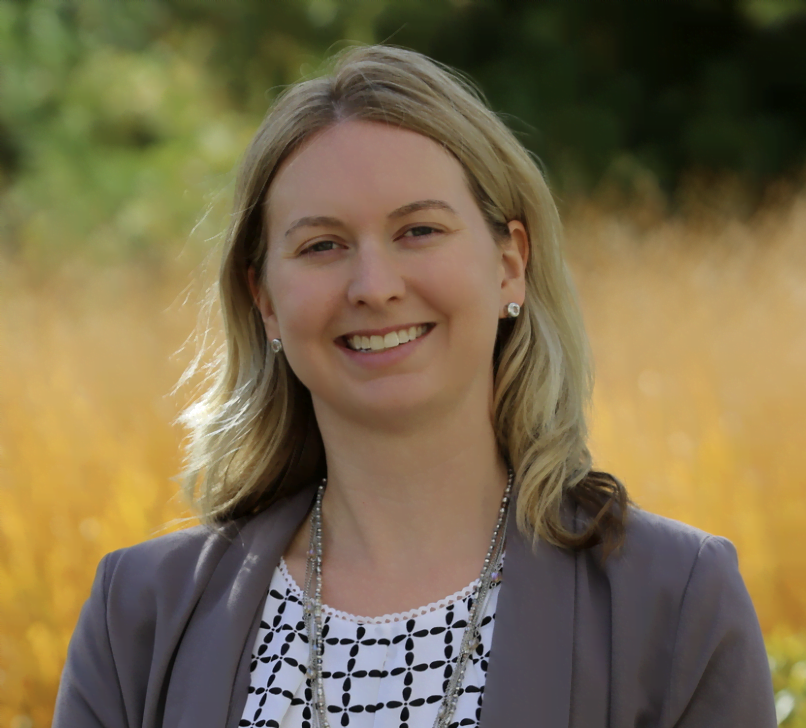

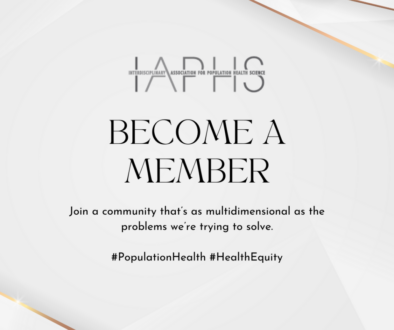
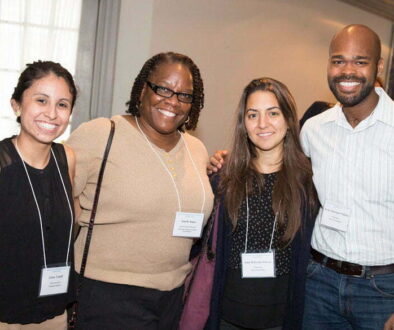
All comments will be reviewed and posted if substantive and of general interest to IAPHS readers.